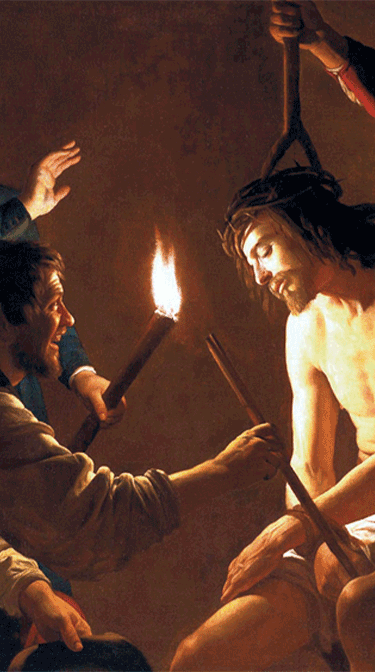Cast
Marie Perbost and Florie Valiquette Sopranos
Orchestre de l’Opéra Royal
Under the high patronage of Madame Aline Foriel-Destezet
Stéphane Fuget Conductor
Presentation
The Tenebrae Lessons became increasingly popular as musical compositions in the mid-17th century. In France, Michel Lambert was the first to compose a complete cycle in 1662, followed closely by Charpentier and Lalande. But the most famous—and the first to regain popularity in modern recordings and with the wider public—are those by François Couperin, dated 1714.
Show moreAt the end of Louis XIV’s reign, France was a land of deep piety, but also of Italian influence in music, including sacred music. Thus, the dramatic expressiveness Couperin composed for his singers is so intense that it might be mistaken for opera. Here, vocality and spirituality are artfully combined, showcasing the refinement of the beautiful French singing tradition that was practiced not only in salons and theaters but also in places of worship. Indeed, people flocked to Parisian convents to listen to these divine voices singing the Tenebrae Lessons for Holy Week—faceless voices of young cloistered nuns, voices from heaven… though often these were opera singers performing in convents during the penitential closure of theaters! Traditionally, candles were extinguished one by one throughout the Tenebrae service, ending in the darkness of night.
The preserved Tenebrae Lessons by François Couperin are written for Holy Wednesday and represent one of the pinnacles of French sacred art in the early 18th century.
Stéphane Fuget leads the young and exquisite voices of Florie Valiquette and Marie Perbost (as if escaped from some mysterious convent…) for this concert, perfectly suited to the ambiance of Versailles, which will also be recorded for our discography collection.
Programme
François Couperin (1668 – 1733)
Leçons de Ténèbres pour le mercredi saint
Motet pour le Jour de Pâques : Victoria !
Michel Richard Delalande (1657 – 1726)
Cantique Quatrième : Sur le Bonheur des Justes et le malheur des réprouvés
And also…
Couperin – Leçons de Ténèbres


N°34









 Francais
Francais
 English
English
 support
support


 Friday April 15th 2022
Friday April 15th 2022





